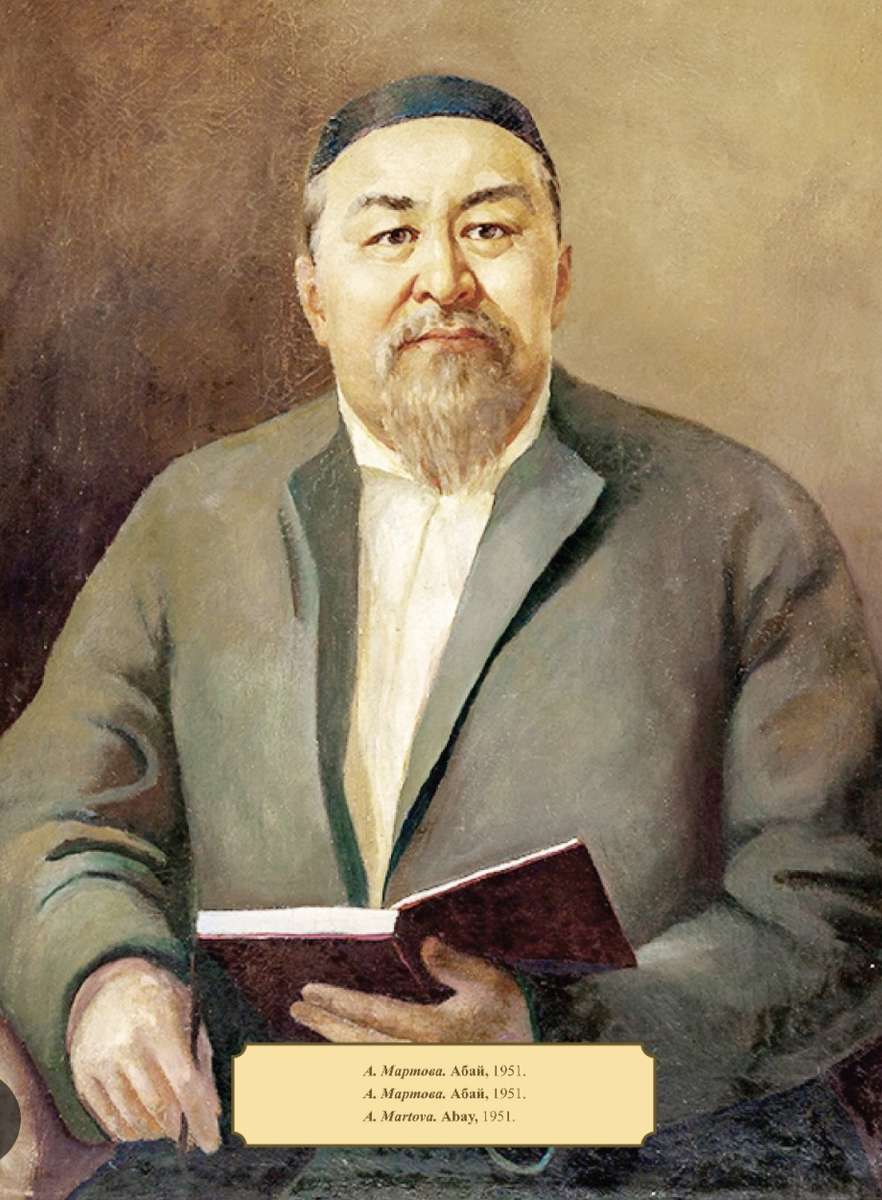
1895
If you want to be rich, learn a trade. Wealth diminishes with time, but a skill does not. He who sells the fruits of his labor without trying to deceive is considered saintly by the people. Yet those on whom God has bestowed some skill will not avoid certain vices either.
First of all, they may not endeavor to improve their skill by seeking to learn from better artisans. Content with what little proficiency they have, such people indulge in indolence.
Second, one must spare no effort in one’s work. But there are those who, having acquired a few livestock, imagine themselves to be rich, and become lazy, boastful and careless in their work.
Third, should someone approach him with the request, “You are a capable man and a generous one — it won’t cost much to you to do this or that for me,” he will swell with pride and think he has become an important fellow whom other people approach for help. Succumbing to flattery and hubris, he wastes his valuable time and lets a sly flatterer take advantage of him.
Fourth, such people are eager to make friends of any kind. If some swindler presents them with a trinket, they will promise their help and feel glad someone needs their friendship. That’s where their gullibility and poor knowledge of life come to light. Ready to trust a lying tongue and rejoicing at the salutations of a false friend, they will do their best to help him get what he allegedly lacks; they will share their goods with him and forget about their own needs, their concerns and obligations; if need be, they will, run about and borrow right and left. Trying to please others, they will waste their time and run up debts, they will get involved in quarrels because of these debts, they will lose face, and live in want and disgrace.
Why does all this happen? Because those inclined to deceive others often themselves fall prey to deception.
